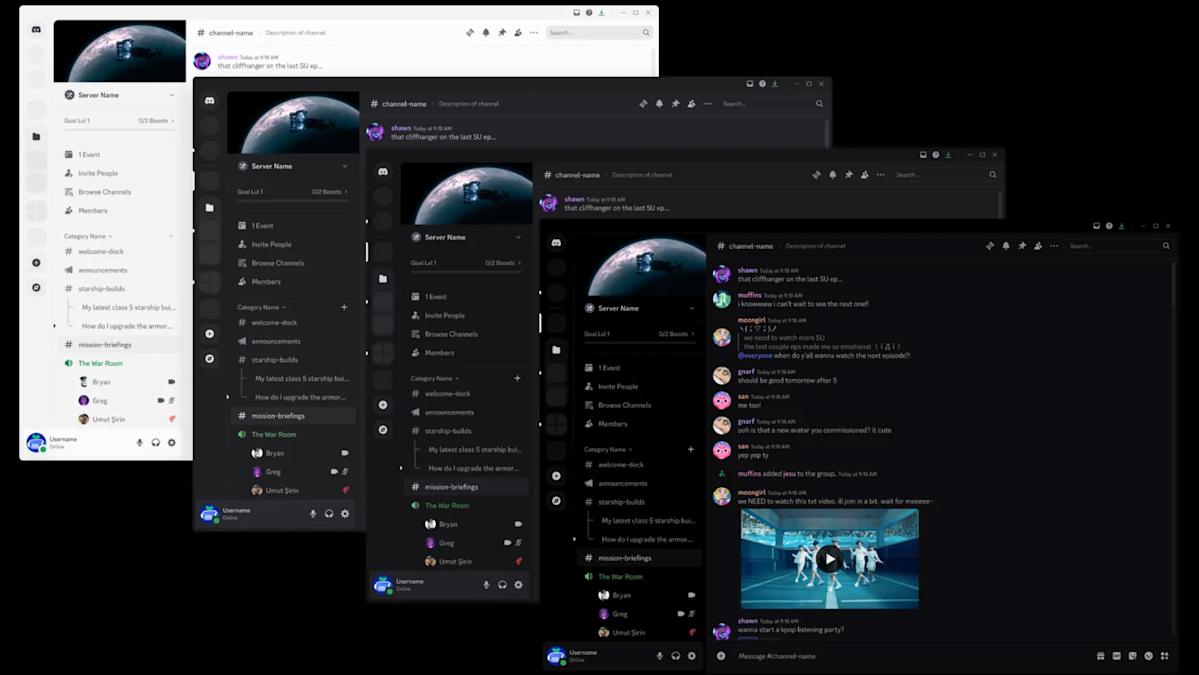The IPO market is showing signs of recovery.
Omada Health, a 14-year-old virtual care provider for chronic conditions such as diabetes and hypertension, saw its shares surge 21% to $23 on its first trading day on Friday, up from its initial public offering price of $19.
The company’s IPO valued it at just over $1 billion, excluding employee options, which is roughly the same as its last private valuation of $1 billion in its previous venture capital round. Notably, this debut is one of the first recent IPOs that did not result in a down-round. In contrast, several other recent public listings, including Hinge, ServiceTitan, and Reddit, have priced below their private market highs, although they have performed well as public companies.
For Omada’s founder and CEO, Sean Duffy, the successful IPO is a validation of his decision to create a company that addresses a pressing need in the market. In 2011, Duffy dropped out of Harvard Medical School after realizing that patients with chronic illnesses required more continuous support than the existing healthcare system could provide.
Prior to the offering, Duffy owned 4.1% of the company, according to Omada’s offering document. Other significant shareholders included Revelation Partners (10.9%), US Venture Partners (9.9%), Andreessen Horowitz (9.6%), and FMR (9.3%).
In an interview with TechCrunch, Duffy reflected on the challenges he faced during his 14-year journey as a founder, stating that there were many harrowing moments.
“I wasn’t sure if our series A funding would come together because we were working on a commercial deal that didn’t materialize, which spooked one investor,” he recalled.
“As a young business, something tries to kill you every month,” Duffy continued. “And then as the business grows, the challenges become less frequent, but still occur every quarter, six months, or year.”
One of the recent challenges for many digital health businesses has been navigating the downturn in the market after the COVID-19 boom. Omada has addressed this challenge by expanding into new and growing markets, including offering diet management support for GLP-1 patients.
Source Link





